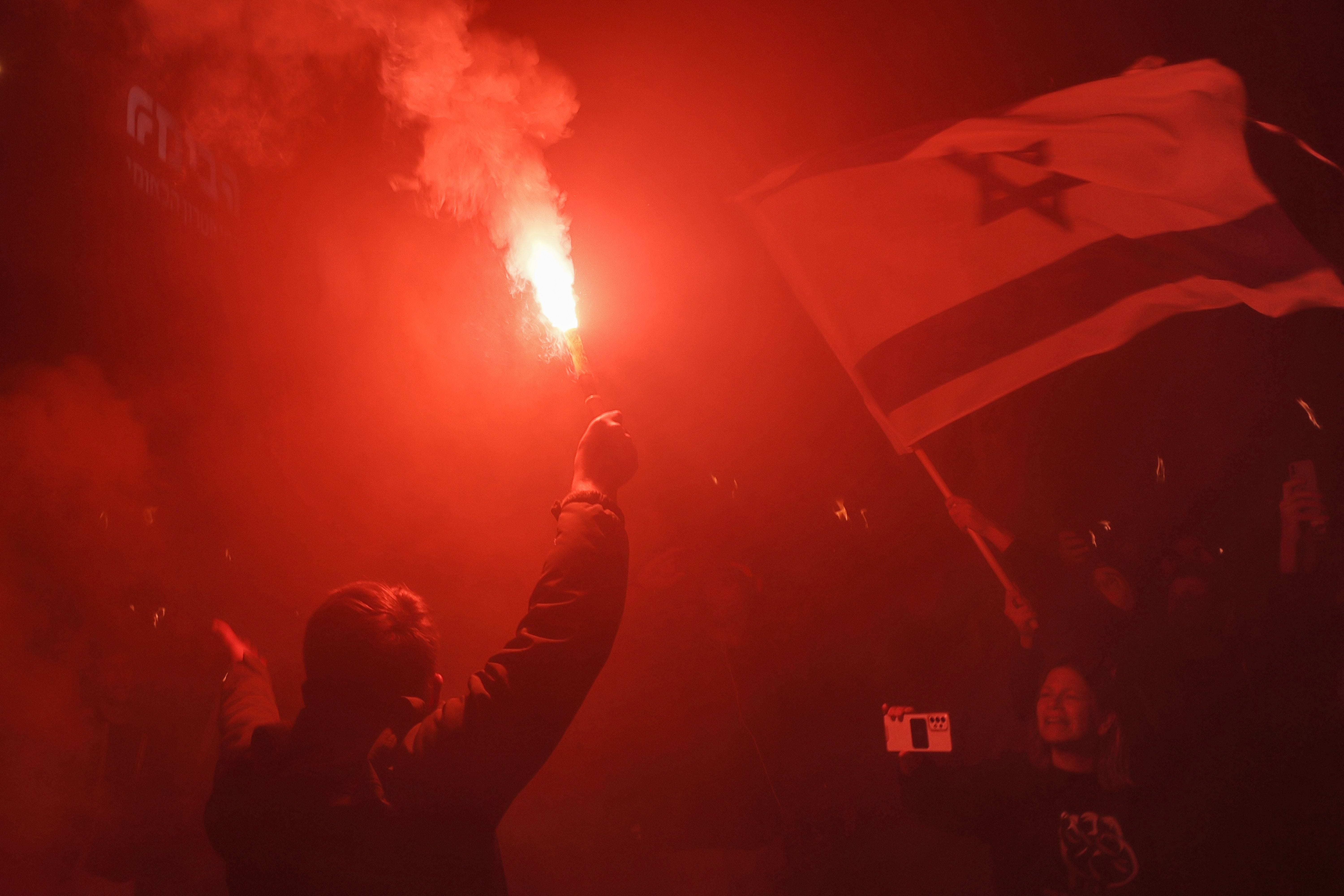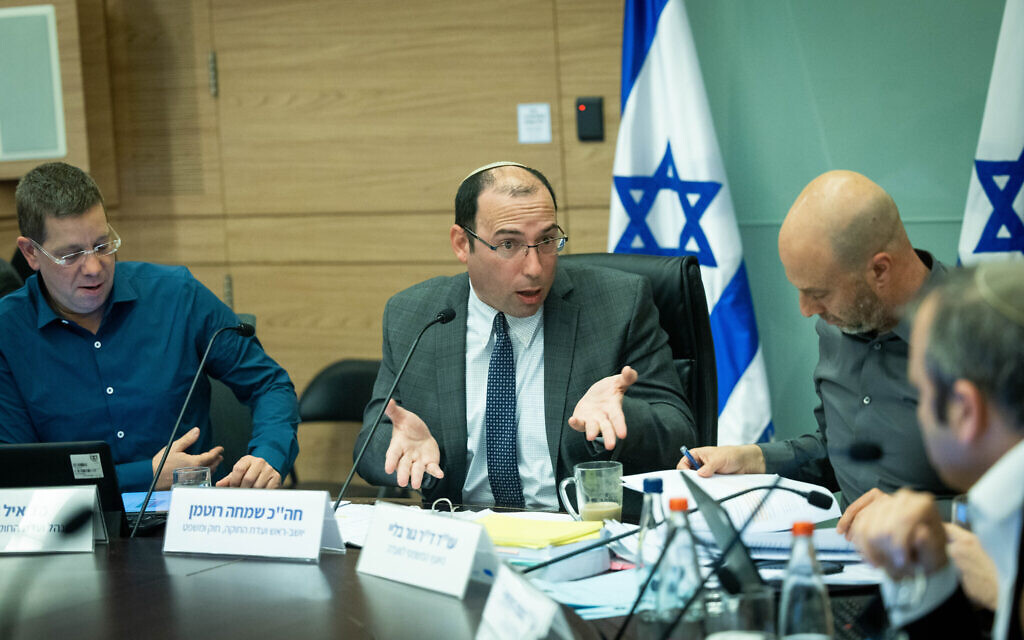way 2 go
Well-known member

Our Think Tank Sparked Mass Protests in Israel. We Proudly Stand By Our Ideas.
Yesterday, protesters stormed our Jerusalem office over judicial reform proposals. Is this what democracy looks like?
Here is the current reality in Israel: the Jewish state is a thriving democracy, but its Supreme Court is a law unto itself. Its unchecked power began in the early 1990s, when the Court’s president, Aharon Barak, announced that even in the absence of a constitution, the Court could invalidate legislation and block government actions with which it disagreed.
Barak’s so-called “constitutional revolution”—that’s what Barak himself dubbed it—also had the effect of creating an ideologically homogeneous court. Unlike the situation in almost every democratic country in the world, in Israel, sitting Supreme Court justices and representatives of the Bar Association—who have strong personal incentives to vote with the justices, and almost always do so in practice—constitute a majority of the committee that selects new judges on all courts. This has resulted in a self-perpetuating clique, drawn largely from the country’s political left and social elite, that has final say over almost every policy decision in the country.
There were other changes, too—and none of them were voted on by the people or the Knesset.
Barak retroactively declared Israel’s Basic Laws to be a functional constitution and began striking down laws on that basis. (Israel has no formal constitution.) The Court also gave itself the power to veto government actions that satisfied all legal criteria, but that the Court simply regarded as “unreasonable.” It also declared that the attorney general is not merely the government’s legal advisor; he is its boss, in the sense that any directive issued by the attorney general is legally binding on the government. Just imagine in the United States if the attorney general—and not the president—got the last word on government policy on every issue from the death penalty to gay rights.
This is the current situation in Israel. For decades, the majority of citizens have had their voices—and the outcome of their votes—silenced by a growing tyranny of unelected officials and technocrats.
The proposed reforms currently under consideration in Israel’s Knesset are designed to remedy the situation by instituting some basic checks and balances on the Court—checks and balances that are the norm in other Western democracies.

